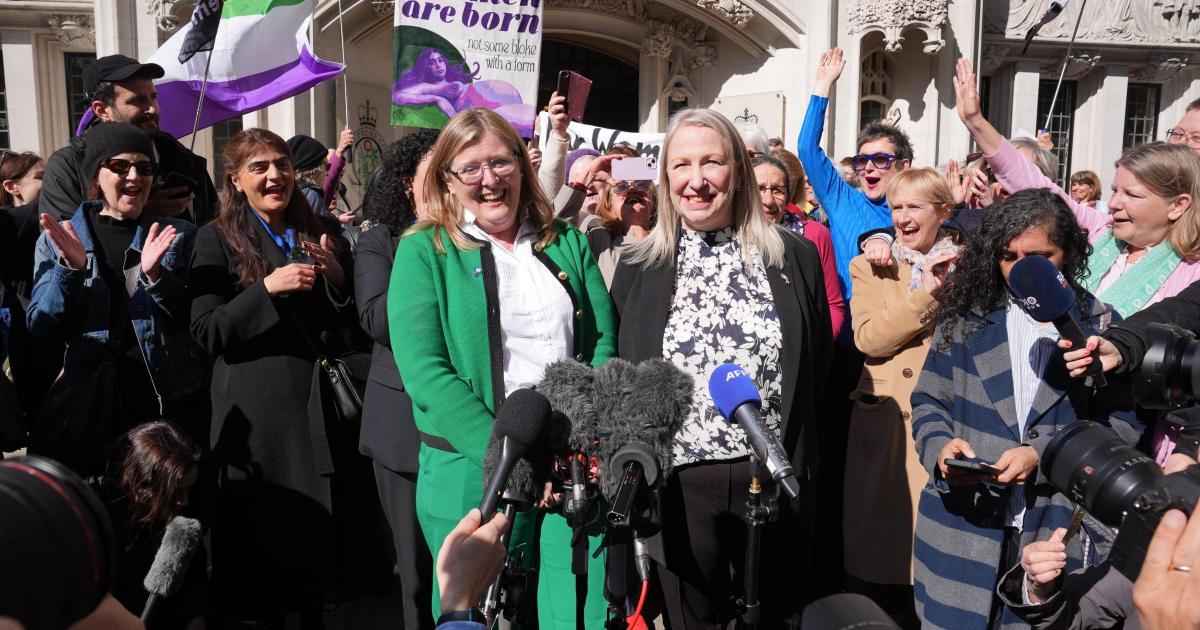
Understanding the UK Supreme Court Ruling on Transgender Rights
In April, the United Kingdom’s Supreme Court issued a landmark ruling that has sparked significant discussions regarding the interpretation of ‘sex’ under the 2010 Equality Act. At the heart of the case is a pivotal judgment that states the terms ‘woman’, ‘man’, and ‘sex’ explicitly refer to biological sex for legal purposes. This decision has had far-reaching consequences for transgender individuals across the country.
Dr. Victoria McCloud’s Appeal to the European Court of Human Rights
Retired judge Dr. Victoria McCloud, one of the first openly transgender judges in Britain, has responded to the decision by lodging an appeal with the European Court of Human Rights (ECHR). Represented by a trans-led legal team, including the UK’s first openly non-binary barrister, the challenge emphasizes that their exclusion from the Supreme Court ruling constitutes a breach of Article 6 of the European Convention on Human Rights, which guarantees the right to a fair hearing.
According to Dr. McCloud’s statement, the ruling has created a confusing legal situation, leaving individuals like her caught between biological sex and legal gender recognition. As a result, issues like access to hospital wards, police searches, and bathroom use have ignited further debate.
What This Means for the Transgender Community
The trans community and their allies have expressed growing concern over what they consider restrictive measures stemming from the ruling. Advocacy groups argue that limiting the definition of ‘sex’ to biological terms excludes trans voices from essential policy discussions. Moreover, Dr. McCloud’s case underscores the broader sentiment of frustration shared by many within the community who feel sidelined in matters directly affecting their lives and rights.
Supporting Well-being Through Challenges
Debates surrounding legal and societal recognition of transgender individuals often present mental health challenges. To navigate these hurdles, finding trustworthy and accessible resources is crucial. Products like the Clinique Moisture Surge Hydrator, ideal for relieving stress-induced skin issues, can make a small but meaningful impact. Balancing self-care alongside advocacy helps maintain resilience during challenging times.
The Path Ahead
As this legal battle unfolds, attention remains on the potential guidance from the Equality and Human Rights Commission (EHRC) regarding the implementation of these rulings. The ongoing appeal may pave the way for future conversations about achieving balanced solutions that reflect both inclusivity and legal clarity in 21st-century Britain.
This evolving case underscores the importance of respectful dialogue and proactive support for all individuals, fostering a society that prioritizes equality and mutual understanding.





